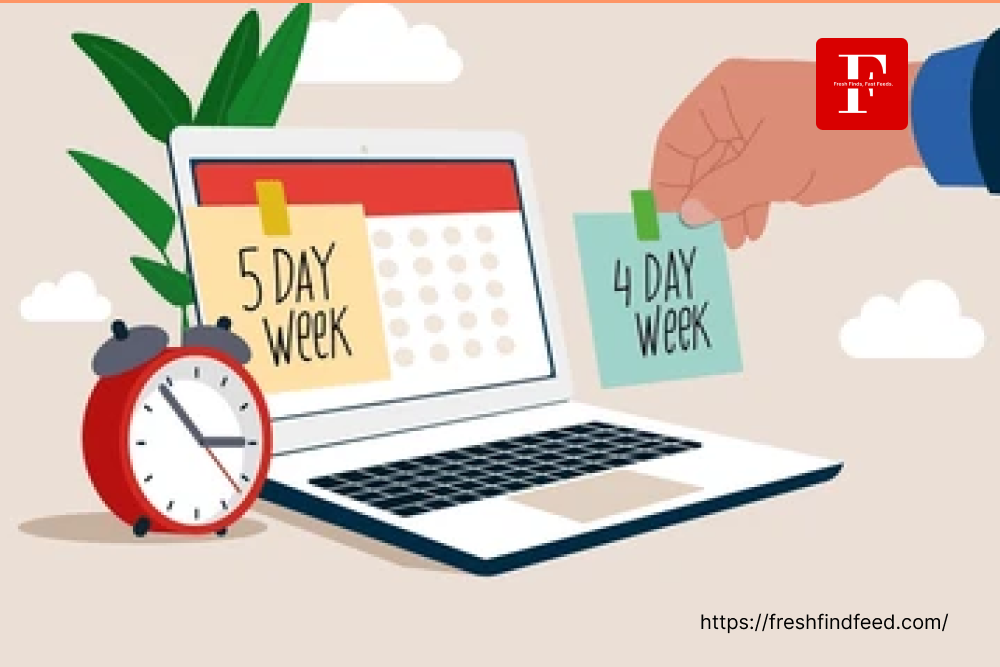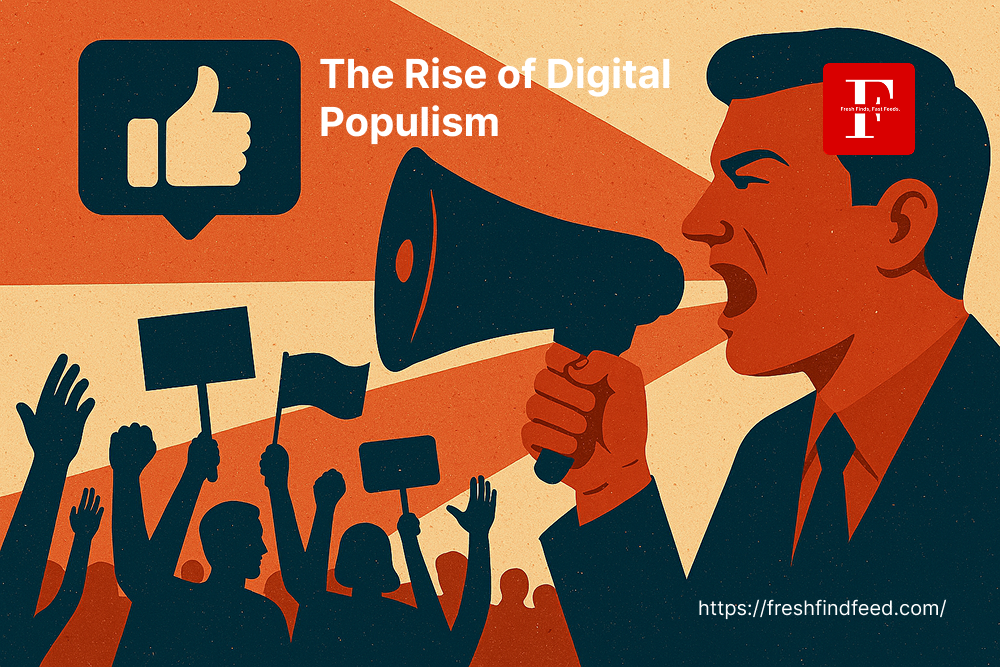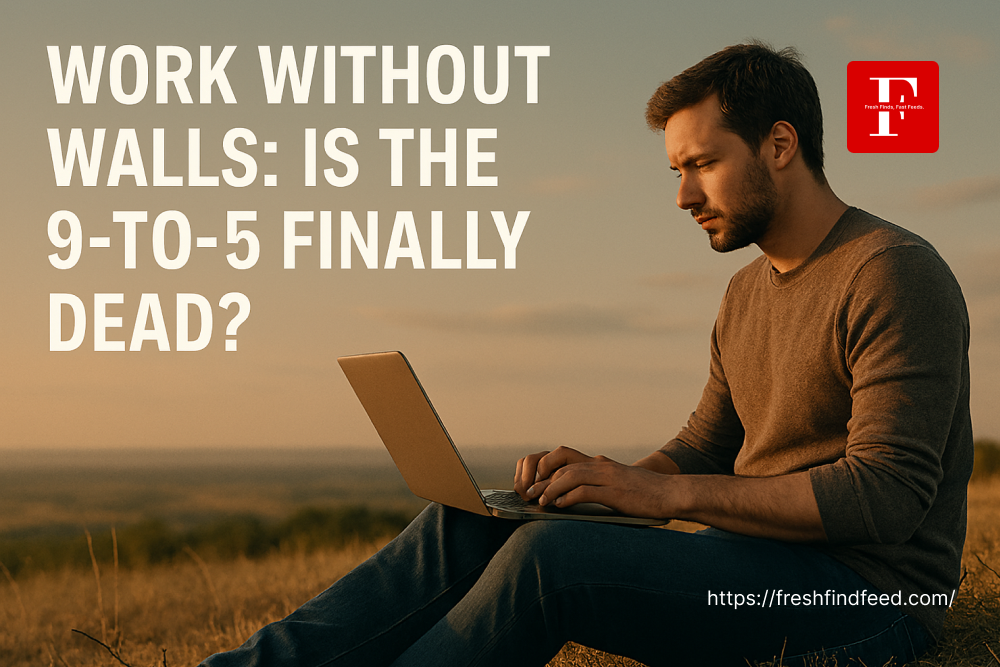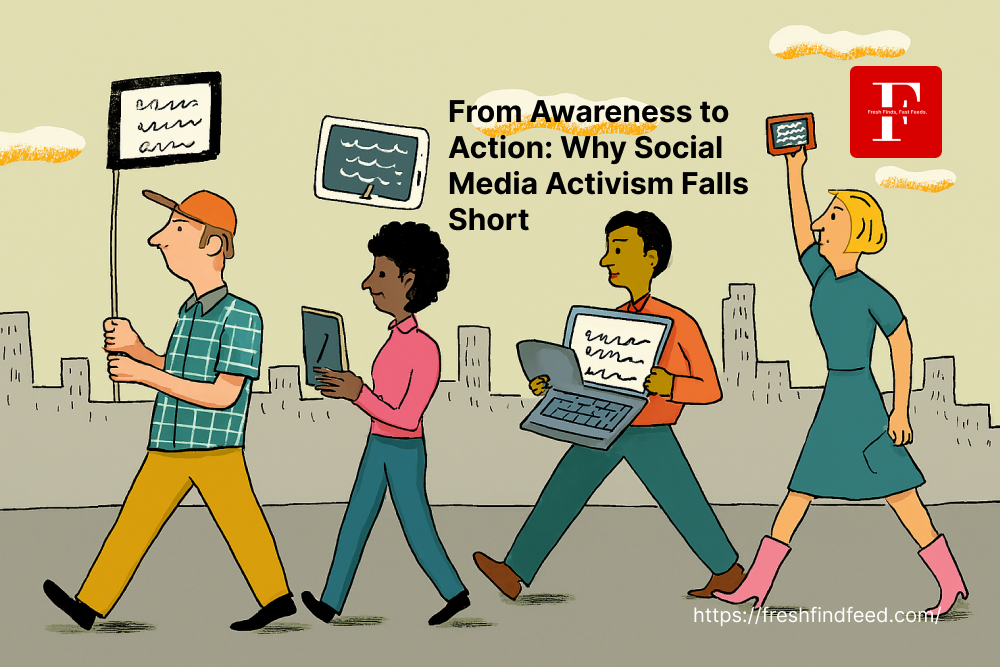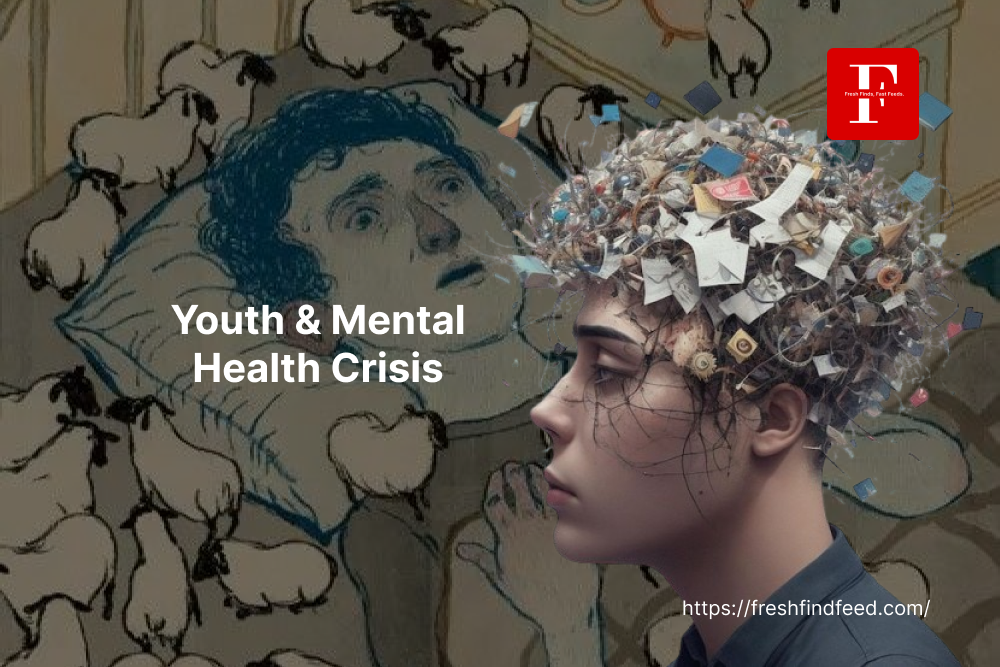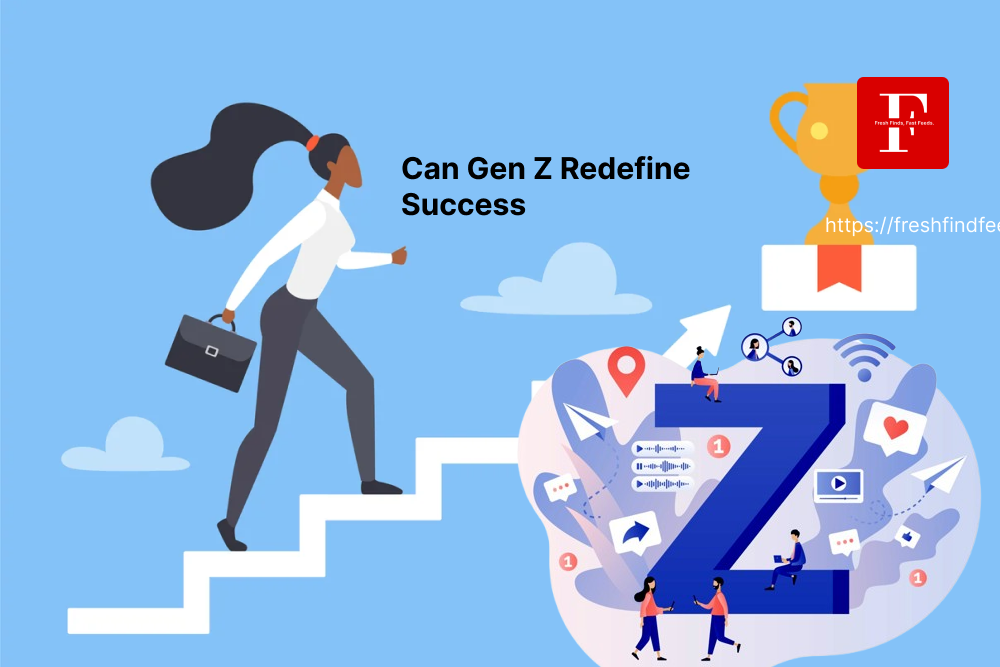The way we think about work has been shifting for years, but recent times have made the changes impossible to ignore. From the rise of remote jobs to trends like quiet quitting, discussions about 4-day work weeks, and increasing concerns about burnout, people are asking a bigger question: what does the future of work really look like?
The old idea of a 9-to-5 job with lifelong loyalty to one company is fading. Today, employees and employers are both rethinking what work means, how it should be structured, and what balance truly looks like.
Quiet Quitting: A Silent Protest
Quiet quitting isn’t about literally leaving a job. Instead, it’s about doing just what’s required — no extra unpaid hours, no constant over-delivery, no sacrificing personal life for work.
Why did it start? Many workers felt exhausted and underappreciated. After the pandemic, priorities shifted, and people began valuing mental health, family, and personal time more than endless hustle. Quiet quitting became a subtle way of pushing back against toxic work cultures.
The 4-Day Work Week: A Bold Experiment
Imagine working fewer days but still earning the same pay. Across the world, companies are testing 4-day work weeks, and the results are surprising.
Employees report higher productivity because they are more focused.
Stress levels go down, and job satisfaction goes up.
Companies save on resources like electricity and office space.
It’s not a one-size-fits-all solution, but it shows that shorter, smarter working hours can be just as effective as long ones.
Burnout: The Hidden Epidemic
Burnout has become so common that the World Health Organization now recognizes it as a workplace syndrome. Long hours, constant pressure, and lack of boundaries leave people mentally and physically drained. Burnout doesn’t just hurt employees; it reduces creativity, focus, and performance, which ultimately hurts companies too.
This is why the future of work must prioritize mental health. Flexible schedules, wellness programs, and supportive leadership are no longer luxuries — they are essentials.
Technology’s Role
Technology is reshaping the workplace more than ever. Remote work, virtual meetings, AI-powered assistants, and automation are changing how tasks are done. This shift brings both opportunities and challenges:
Opportunities: More freedom, access to global jobs, reduced commute stress.
Challenges: Blurred boundaries between work and personal life, job insecurity due to automation, and the need for continuous skill upgrades.
The Employee’s New Voice
One big change is that employees are speaking up. People want jobs that respect their time, value their contributions, and align with their personal goals. Career choices are no longer just about money; they’re about purpose, flexibility, and growth.
The Future Ahead
So, what does the future of work look like? It will likely be:
Flexible: Hybrid and remote options will stay.
Balanced: More focus on well-being and personal life.
Skill-Based: Lifelong learning will be key as industries evolve.
Purpose-Driven: People will choose jobs that matter to them, not just ones that pay bills.
Final Thought:
Work is no longer just about earning a living; it’s about creating a life. The future of work will belong to organizations and individuals who can balance productivity with well-being, ambition with rest, and career with personal happiness.




